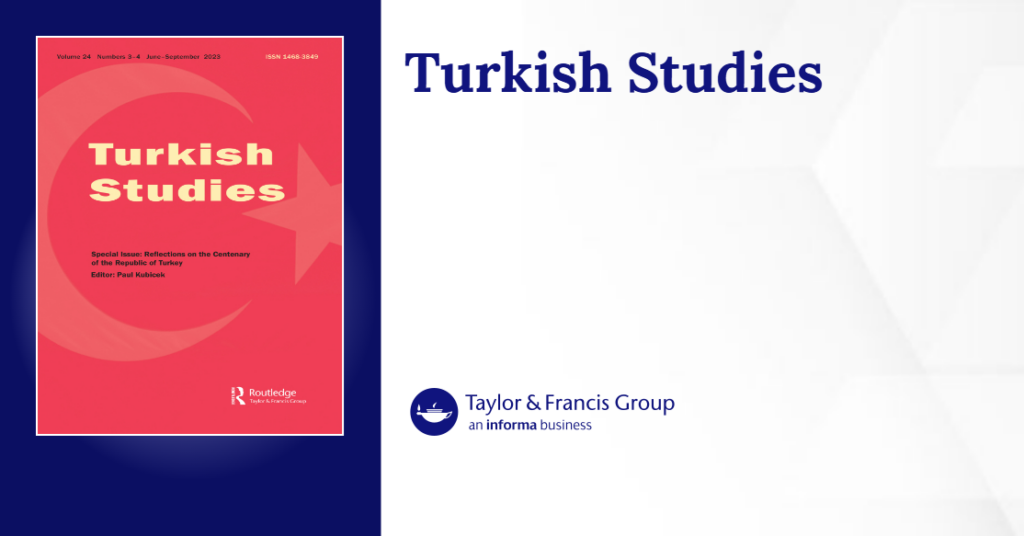I am delighted to let you know that the first output of the EUHR project is published in the Southeast European and Black Sea Studies Journal.

The article is entitled “The sheep that god lost: ‘legally’ circumventing the human rights of undocumented migrants“.
Abstract: The world witnessed the forceful repulsion of undocumented migrants when the Turkish government unilaterally repealed the EU-Turkey Deal in the Spring of 2020 and opened its border to allow migrants to reach the Greek border. In general, the rights of undocumented migrants are widely abused, particularly during migrants’ journeys towards asylum applications and pending status. This article examines in-depth how states violate the rights of undocumented migrants, despite existing international and European human rights protection regimes. I argue that states engage in political malignancy by creating an accountability (compliance) gap for abusing the grey areas of international law, where they consciously perform policies that harm undocumented migrants. Moreover, I also argue that states cooperate in those grey areas to overcome their human rights obligations and to fend off the migrant flows.
The Second output of the EUHR project is published in Turkish Studies.

The article is entitled “The article is entitled “The sheep that god lost: ‘legally’ circumventing the human rights of undocumented migrants“.
Abstract: This article traces the raison d’être for Turkey’s withdrawal from the Istanbul Convention. It draws upon two bodies of literature: international human rights regimes (IHRR) and authoritarian survival strategies. The Turkish government faced an electoral defeat in local elections 2019, which represented a serious challenge to the ruling party. To compensate for its loss of power and to consolidate its voter base, the government took some steps for its political survival. This article argues that the dynamics of the withdrawal from the Convention lay primarily behind the authoritarian survival strategies of centralization, legitimation, and repression, and secondarily behind the issue area of the Convention as an international human rights regime.
